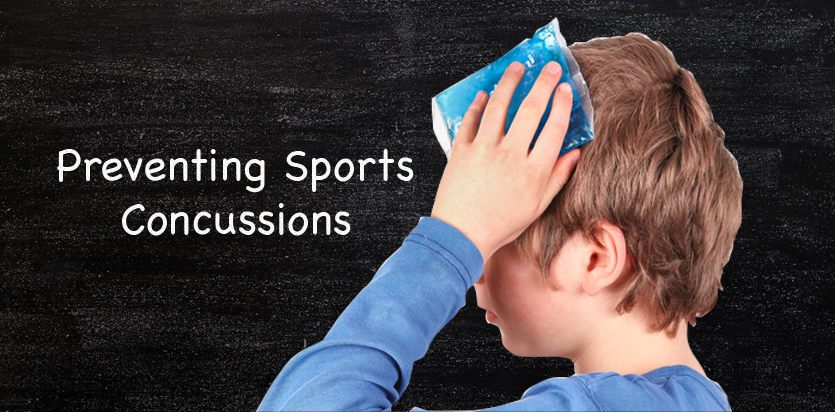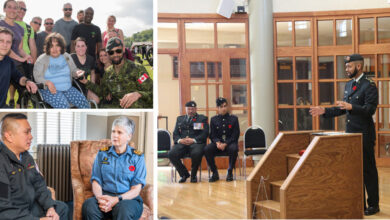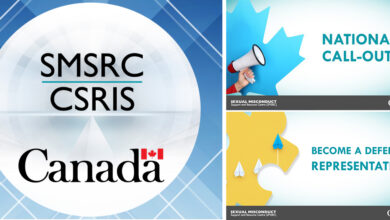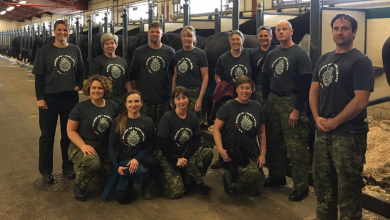Helpful Resources
Preventing Sports Concussions in Kids
Concussions are a common occurrences for children and youth who play sports and can have serious consequences, however, with due diligence they can be avoided.
Concussions are brain injuries caused by a blow to the face, head or neck, and are the most common form of head injury for athletes. Concussions happen when the brain hits the inside of the skull, damaging brain tissue and can often happen without the child losing consciousness or being knocked out.
“Concussions can be serious, but it’s important parents continue to engage their kids in healthy active-living activities. You want kids off electronics and moving. There are ways to minimize risk of concussion and play safely,” said Dr. Michael Vassilyadi, senior paediatric neurosurgeon and researcher, Children’s Hospital of Eastern Ontario.
Appropriate equipment is one line of defence against head injuries and concussions.
“Sports gear should be comfortable, not too small or too large, not outdated, and certainly not damaged in any way. Proper equipment can reduce all types of injuries, not just concussions, and helmets have been shown to reduce catastrophic head injuries,” said Vassilyadi.
Changing the rules to follow fair play guidelines and education for players, parents and coaches may also play a role in reducing the kind of play that results in head injuries like elbowing, hits to the head, hits from behind and fighting.
“To prevent concussion parents should put their children in sports that are not beyond the child’s capability. Tailor the activity to the child. Ensure that the rules of whatever sport your child plays in are followed,” advised Vassilyadi.
Even with these measures in place, concussions can still happen. Recognizing the symptoms, removing the player from the game and proper medical supervision can prevent a concussion from becoming a more serious and permanent brain injury.
“Disclose your child’s medical history if it is relevant to the sport. The more the coaches know the more they can ensure the child is playing at a level that is safe for them, according to the child’s abilities. Keep in mind your child is probably not going to play their sport professionally, so don’t push them to that level if they are not ready. That’s when injuries can happen,” noted Vassilyadi. “Help your child’s coach or trainer really get to know your child, not just their skills, but their limitations.”
According to the Children’s Hospital of Eastern Ontario CHEO concussions can cause a variety of symptoms, which can appear several hours after the incident. Signs and symptoms of a concussion include confusion, memory problems, loss of consciousness, headache, dizziness, tiredness, nausea or vomiting, vision problems/staring blankly/seeing stars, slurred speech, unusual emotions, personality change, or inappropriate behaviour.
Get More! Receive six issues of Canadian Military Family Magazine in your mail box for only $17.95! Click here to subscribe NOW!









